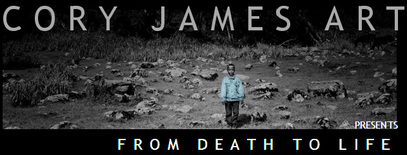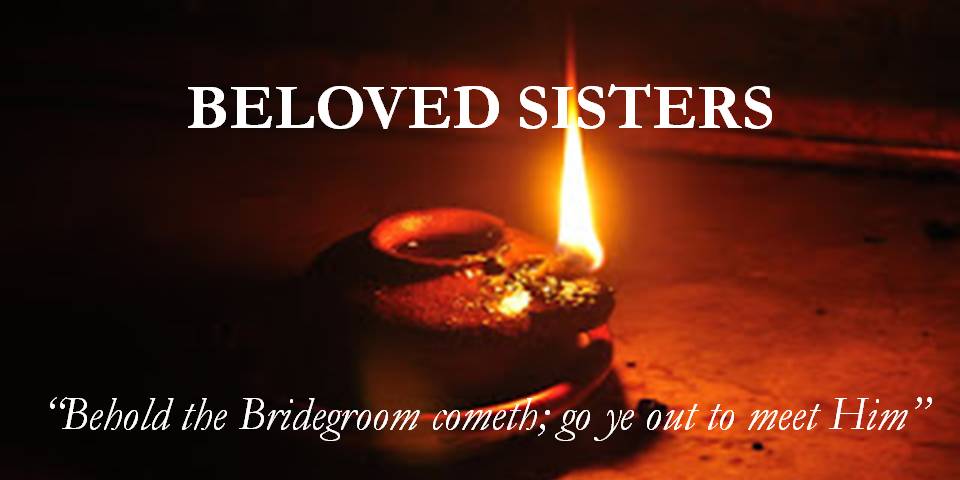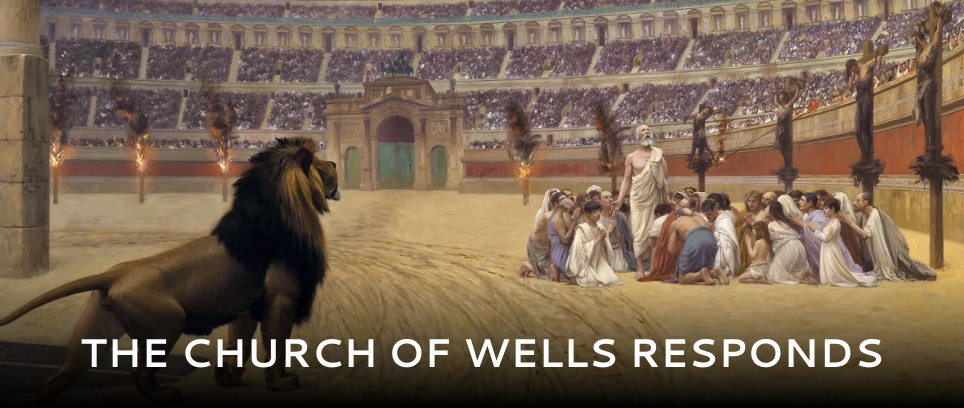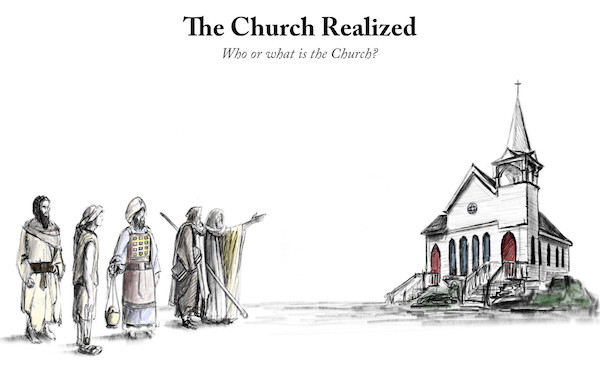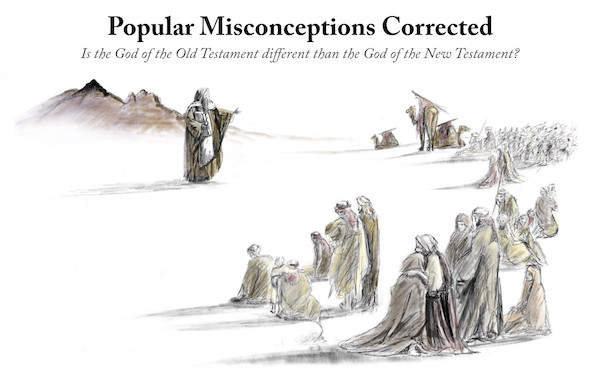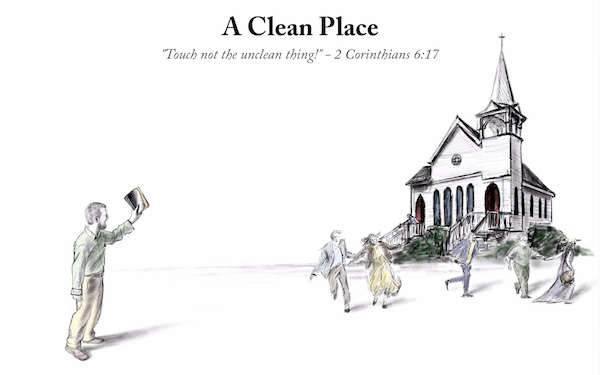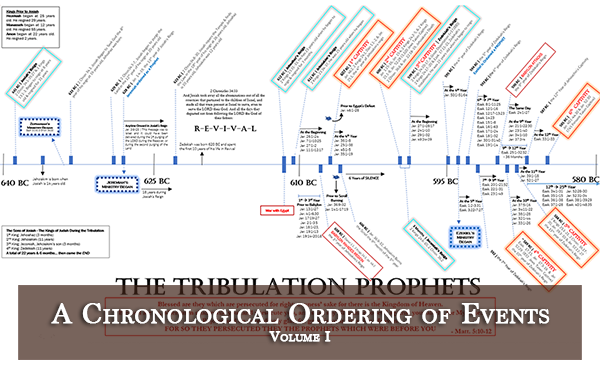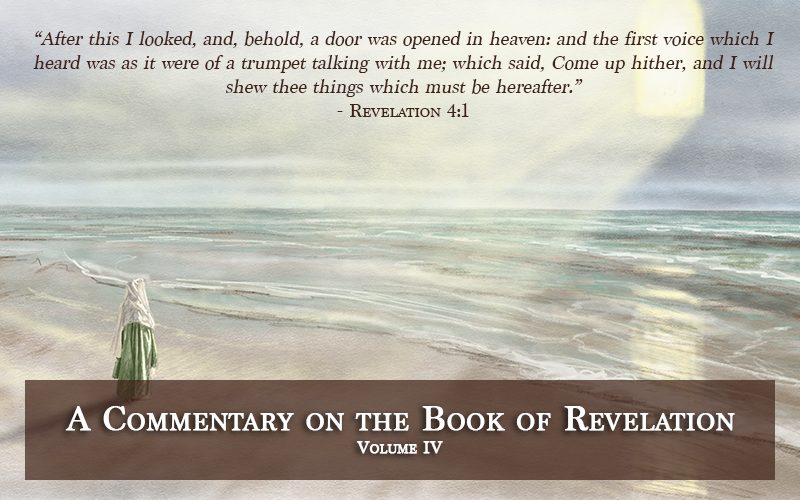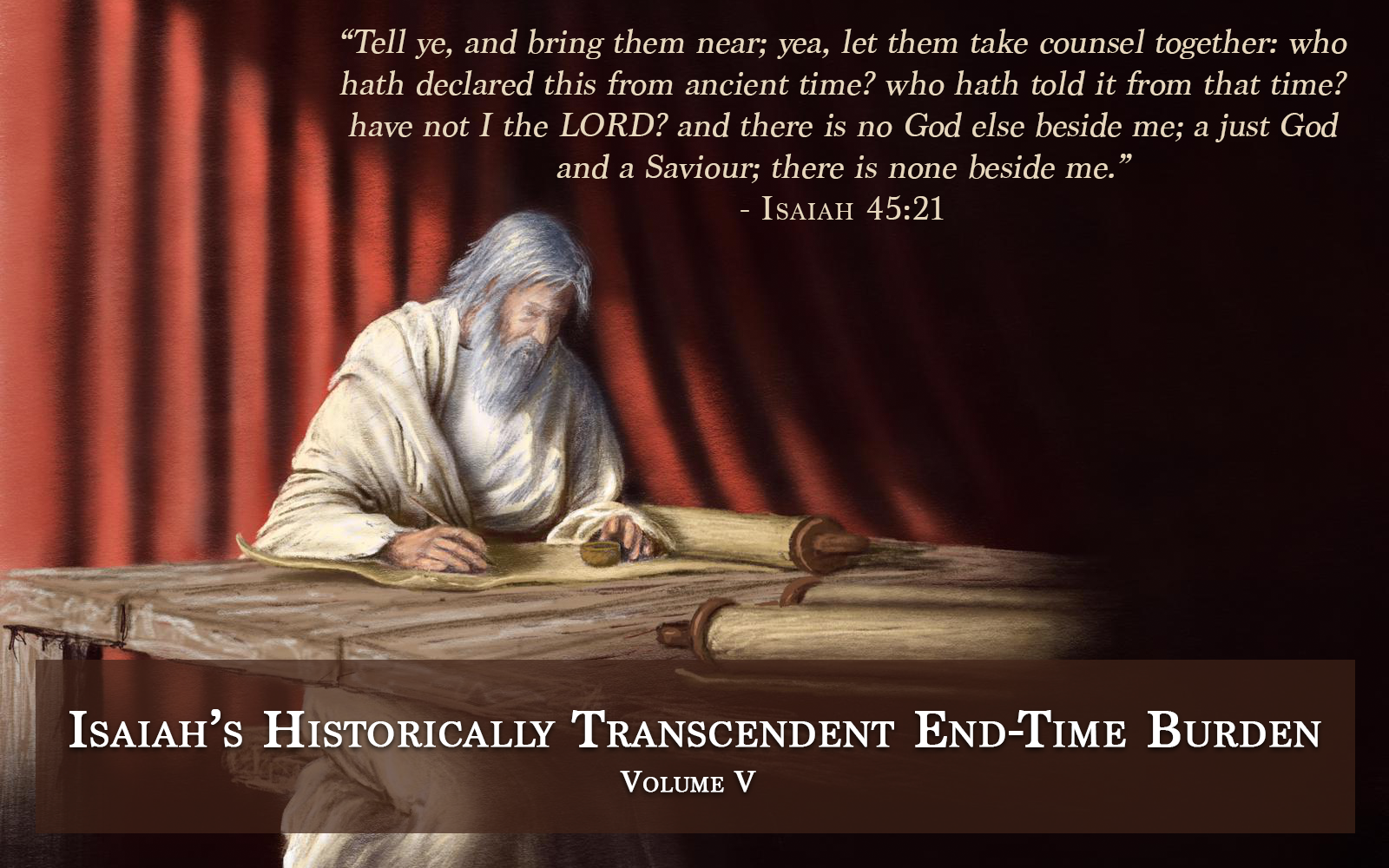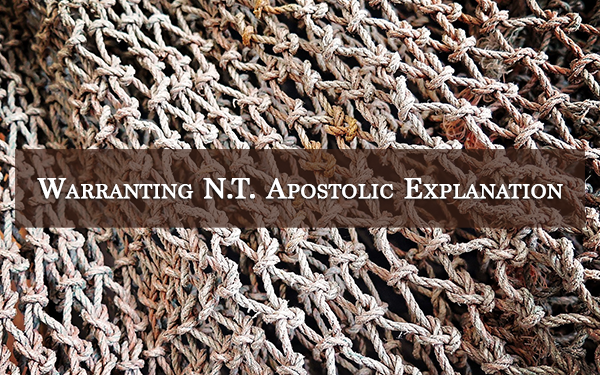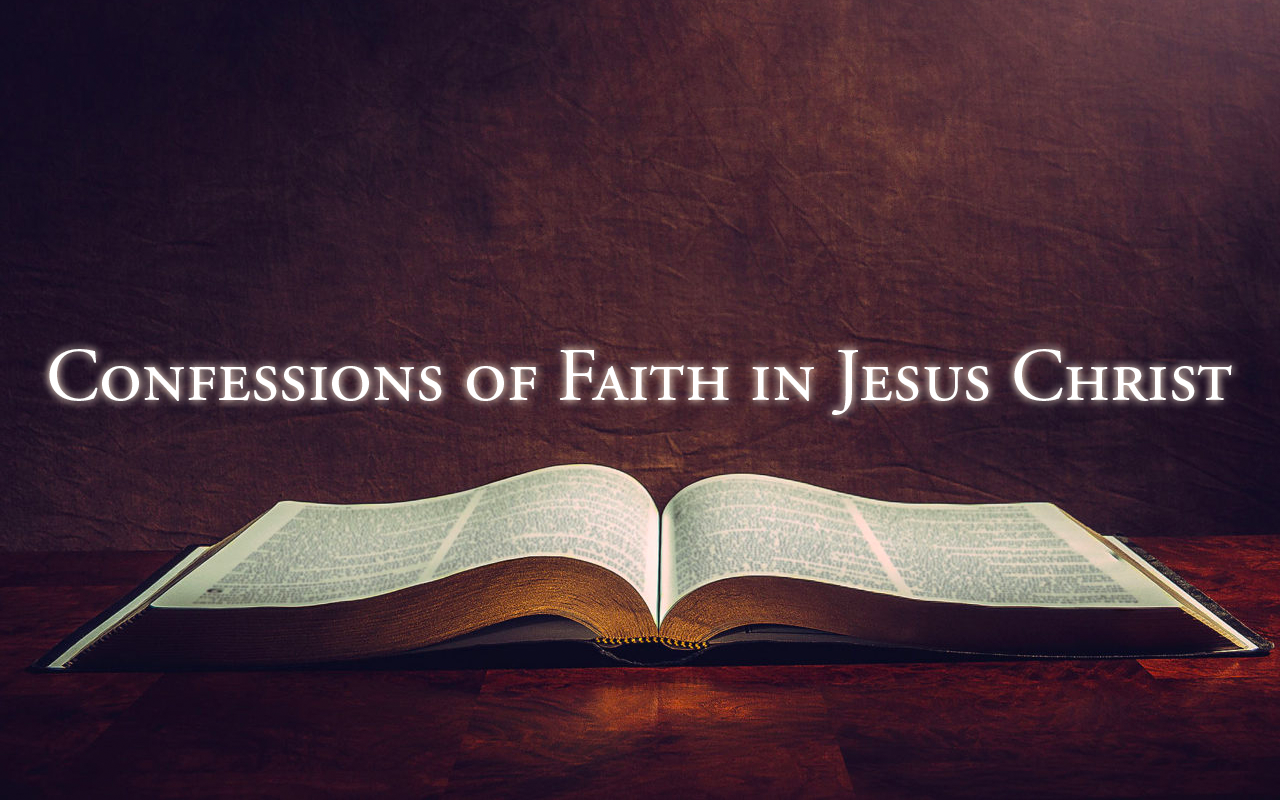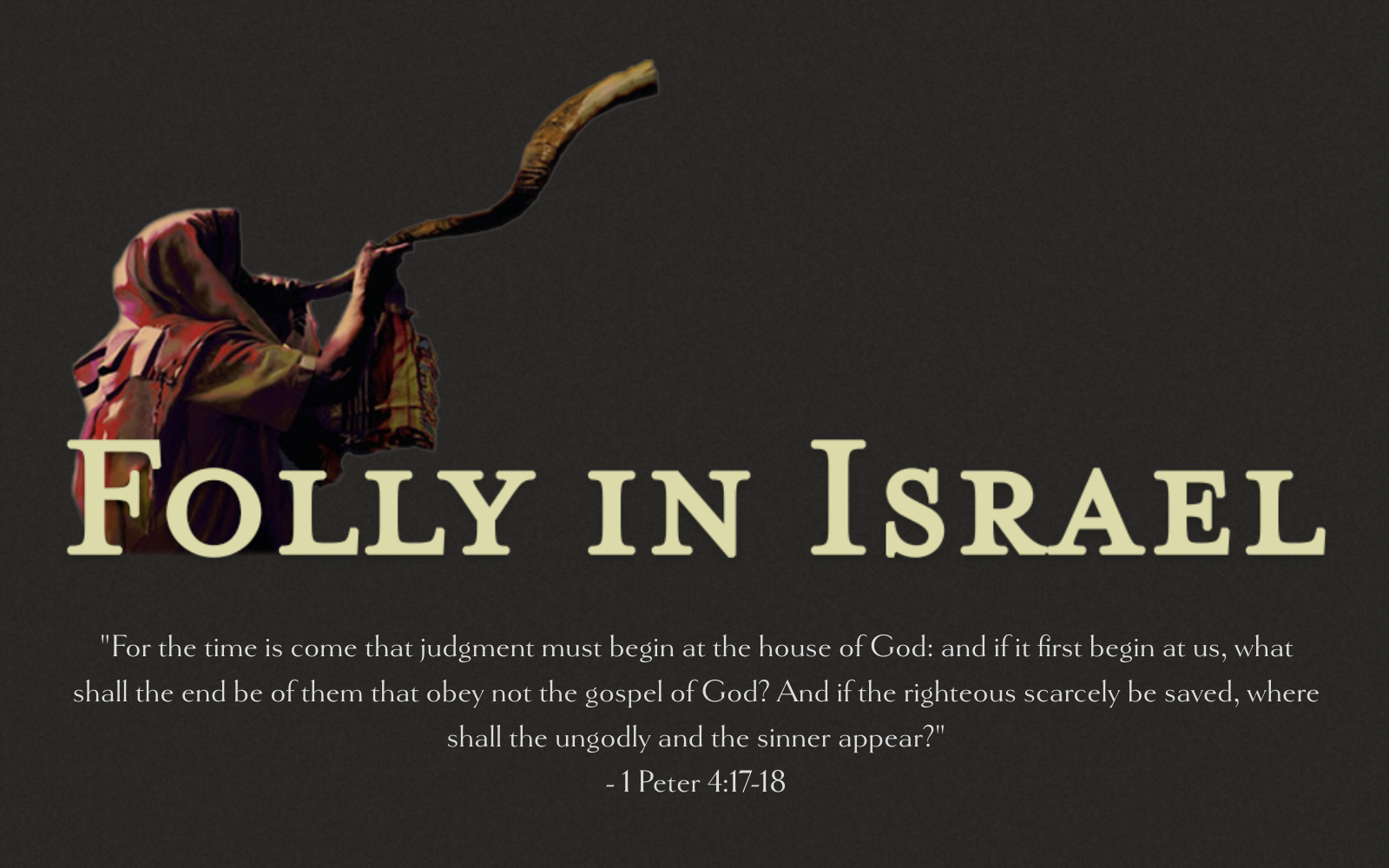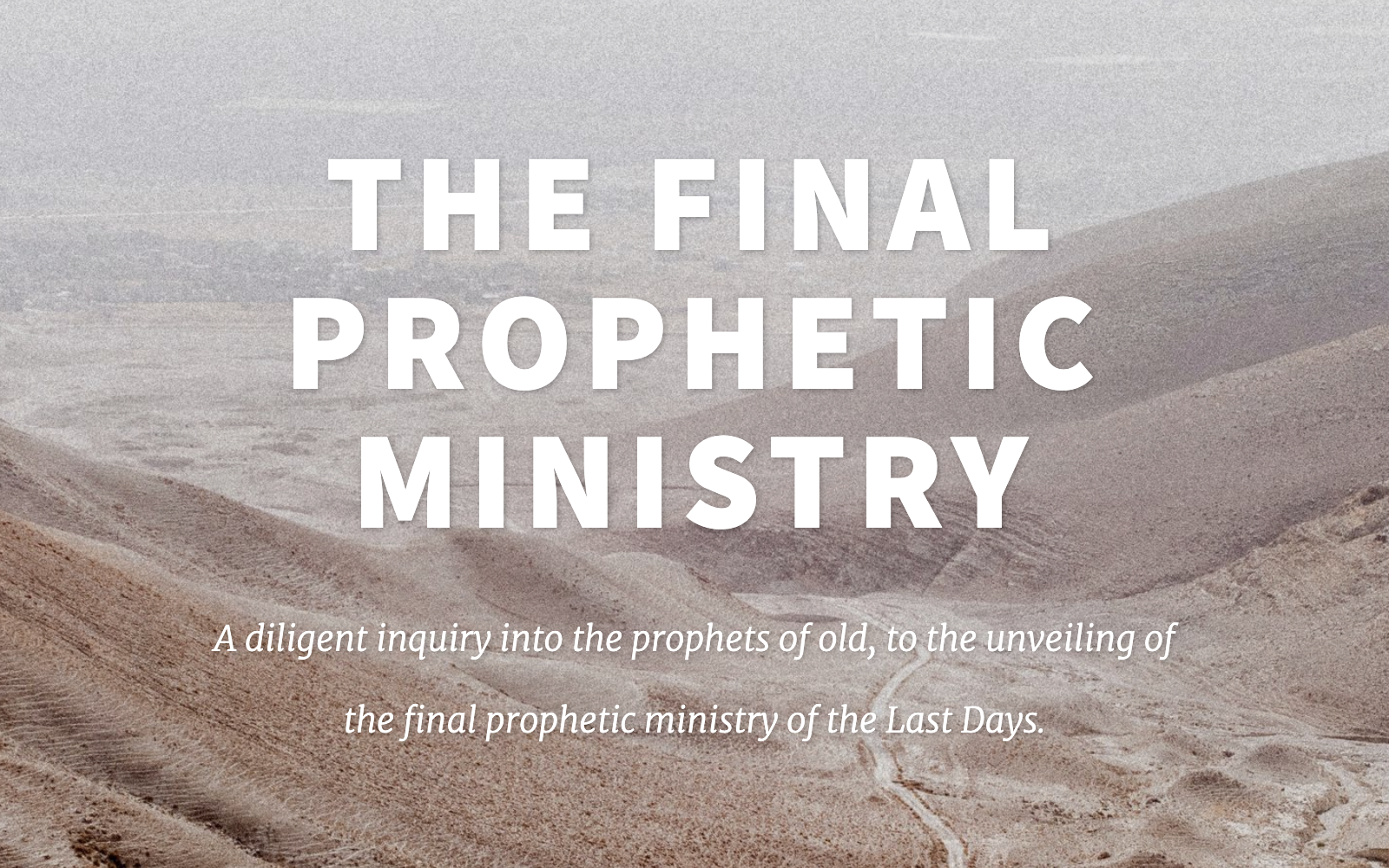| "For the time is come that judgment must begin at the house of God: and if it first begin at us, what shall the end be of them that obey not the gospel of God? And if the righteous scarcely be saved, where shall the ungodly and the sinner appear?" - 1 Pet. 4:17-18 |
| “God judgeth the righteous, and God is angry with the wicked every day. If he turn not, He will whet his sword; He hath bent his bow, and made it ready. He hath also prepared for him the instruments of death; He ordaineth His arrows against the persecutors.” – Psalm 7:11-13 “Thou turnest man to destruction; and sayest, Return, ye children of men.” – Psalm 90:3 |
Needless to say, these experiences were observable and morally discernable, right? Indeed. But, what about today? My reader, do you see what David saw? Saints of the 21st century, are these experiences even in your vocabulary? If we do not know what these spiritual judgments are, exactly, and why they happen, then we are susceptible to feel and do just what we think is necessary; which likely means, we will just “be at peace”. Fearfully, we will just “be at peace” …even when God Almighty has taken away our peace! Let’s face it, my reader. Our own deceitful hearts can easily work in collaboration with false prophets for the making of a false peace (Jer. 17:9, Lam. 2:14). Biblical History proves it. Even though God did wound and hurt His beloved people of old, taking away their peace, the false prophets proclaimed the contrary, as it was written: “They have healed also the hurt of the daughter of My people slightly, saying, Peace, peace; when there is no peace” (Jer. 6:14, 8:11, Ezek. 13:10). And, because of this, the people of God were frequently made to voice the wearisome question, “Where is the God of judgment” (Mal. 2:17), as if He doesn’t even exist!
| “Ye have wearied the LORD with your words. Yet ye say, Wherein have we wearied him? When ye say, Every one that doeth evil is good in the sight of the LORD, and he delighteth in them; or, Where is the God of judgment?” – Mal. 2:17 |
Thus, in the process of time, as Jesus decides “when sins”, “what sins”, and “how many sins” are made known to each individual saint’s conscience, He doesn’t want them feeling good about it. The terrifying experiences must be proportionate to the horror of sin being committed and confronted, thus repentance is wrought in an otherwise hardened heart (“Before I was afflicted I went astray: but now have I kept Thy word” – Ps. 119:67). This is what David was speaking of in a variety of spiritual experiences which were, in summation: the non-damnable spiritual curses of God, called, spiritual famine & desertification, spiritual floods of water, spiritual darkness, and so on. Jesus doesn’t want the saints to feel good about any phase of slipping; and, much more, He doesn’t want the saints to feel good when they have altogether fallen into damnable sin! Saint-to-saint judgment exists to discern when these spiritual judgments of God are in operation upon individuals in the Church. In fact, through the faithful execution of these spiritual plagues, sinning saints cannot be hidden! Slipping saints can never go unnoticed! Thereby, the safety-net operation of saint-to-saint judgment is enabled to catch the slipping from utterly backsliding. Practically, how does this look? Well, John Wesley described it in plain language which resonates with many (The Unquestionable Progress from Grace to Sin), but the word of God does implore the saints to gaze upon the encroachment of sin with literary richness and captivating imagery. If only we felt our sin was like David feelingly described his sin to be, we would repent! If only we knew, understood, and embraced the judgments and operations of a thrice HOLY GOD as a bullock accustomed to the yoke (Jer. 31:18), we would be free (Matt. 11:30, Amos 5:14-15)! In the aforementioned terms, I mean to say, let us understand the workings of Divine Judgment in the Church in the following manifestations...
| - For more information, see: "A 2-Stage, Populous Distinct, Chronology of Judgment". |

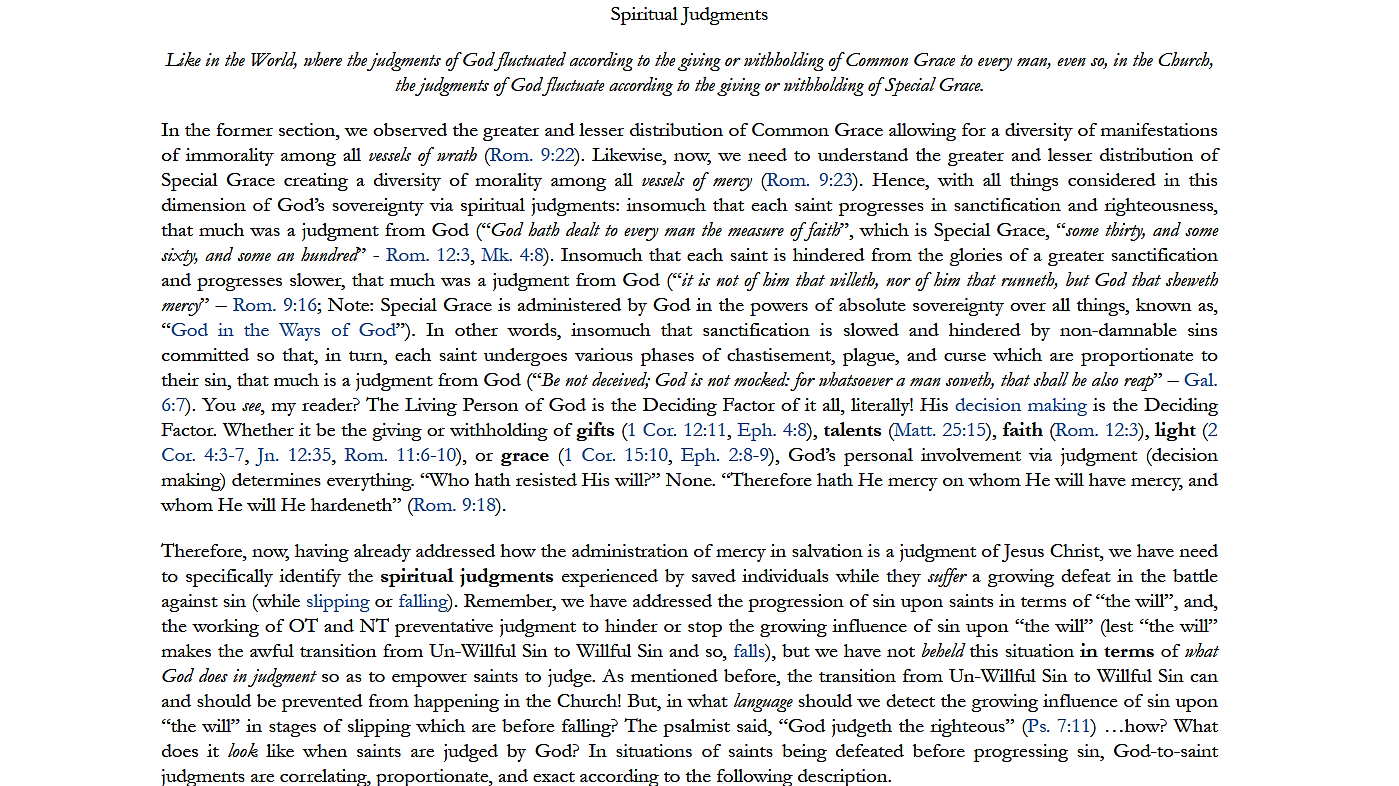
 RSS Feed
RSS Feed




